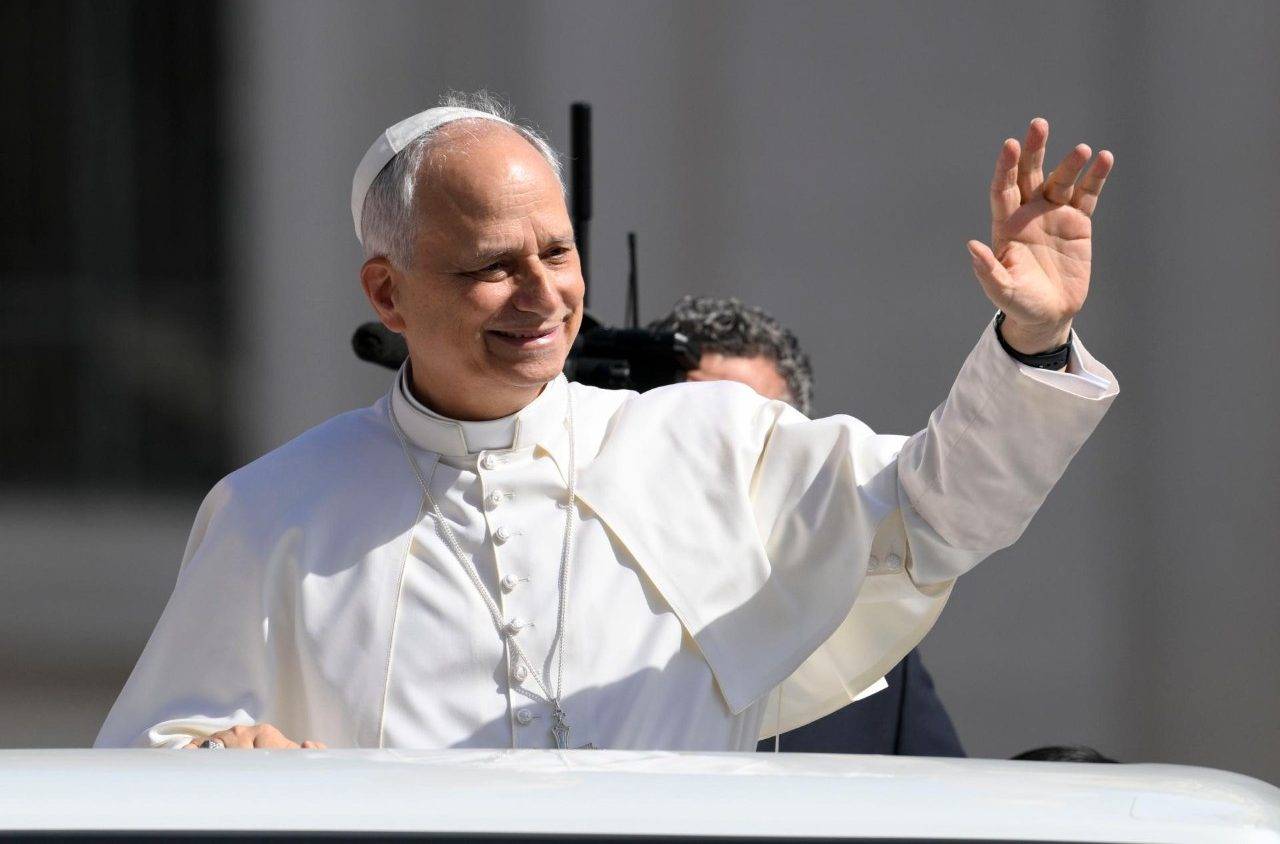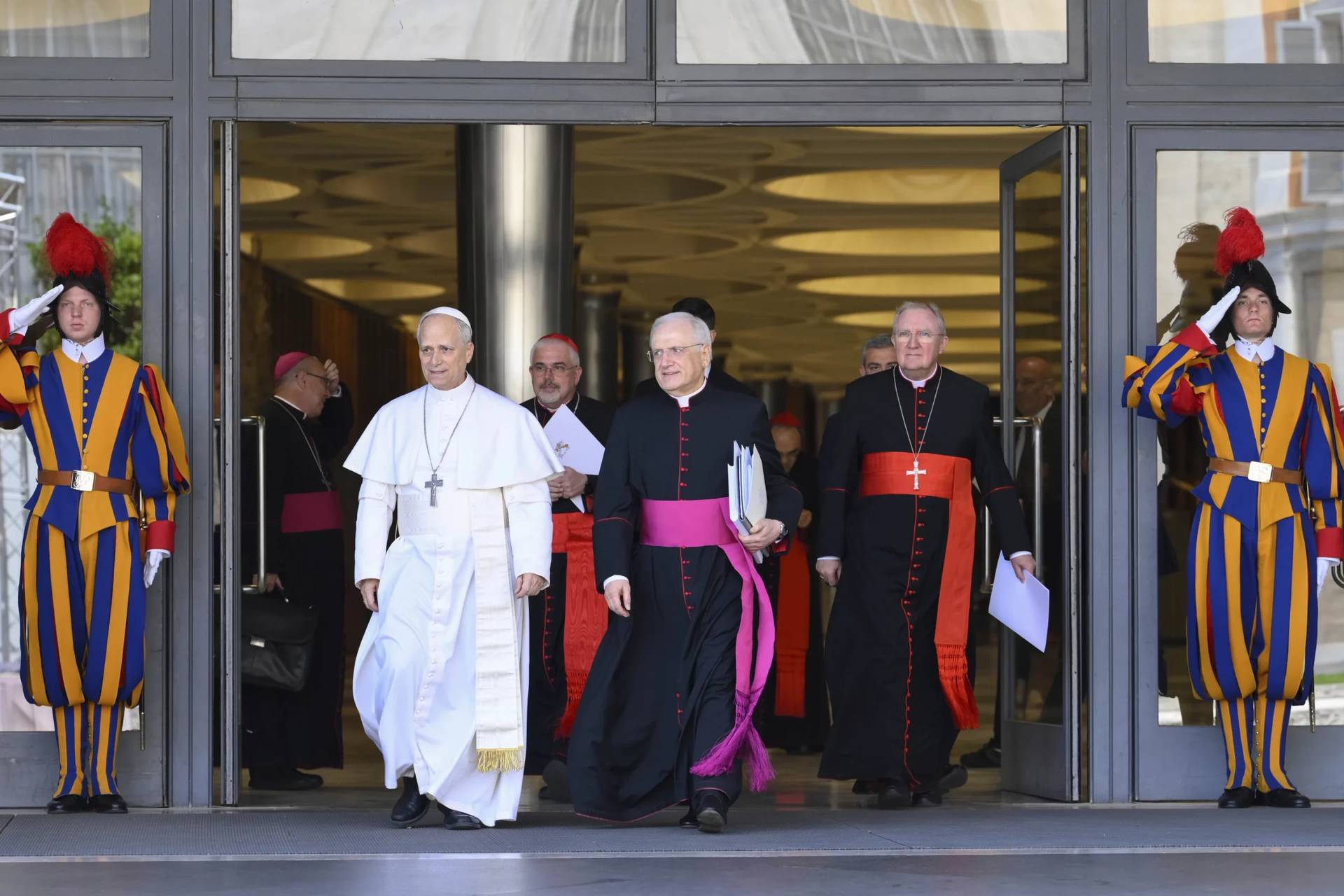KRAKOW, Poland – In American politics, everyone knows the best way to sell a controversial cause or idea is to wrap it in the flag. From abolitionism to the civil rights movement, from anti-Vietnam protests to women’s lib, the aim is to package the argument as consonant with the best in American tradition, with bonus points for citing the Founding Fathers.
It’s a principle that doesn’t apply only in the United States, of course. Generally, the best way to push a cause in any culture is to bundle it with values that culture already cherishes, and it’s a sales technique Pope Francis seems to have mastered in Poland when it comes to his push for migrants, refugees and immigrant rights.
In effect, Francis has found ways to wrap his message in a Polish flag.
Engaging Europe’s massive refugee crisis, the most dramatic since the Second World War, has been job one for Pope Francis in 2016 on his social and political agenda, beginning with his annual speech to diplomats in Rome in January and extending through his day trip to Lesbos, Greece, in April, which ended with him bringing a dozen Syrian refugees back with him to Rome.
In the run-up to his Poland trip this week, immigration was expected to be a flash-point, given that the country’s government under the conservative Law and Justice party has expressed serious skepticism about Poland’s capacity to absorb additional migrants, and polls consistently show that Poles themselves harbor deep reservations related to both terrorism and competition in the domestic labor market.
Francis has not shied away, rising the immigration issue in his address to politicians and diplomats on Wednesday. He began with an ode to the “noble Polish nation,” praising its commitment to memory and noting how impressed he had always been with John Paul’s own sense of history.
Today, the pontiff said, what’s needed is “a spirit of readiness to welcome those fleeing from wars and hunger, and solidarity with those deprived of their fundamental rights, including the right to profess one’s faith in freedom and safety,” rooted in “the foundational Christian principles that forged Poland’s history and identity.”
Francis knows that social conservatism and concern for the family are keenly important in shaping Polish political attitudes, and in another deft move, he linked his pro-immigrant message to the pro-life cause.
“Life must always be welcomed and protected,” he said. “These two things go together – welcome and protection, from conception to natural death. All of us are called to respect life and care for it.”
“On the other hand,” he said, “it is the responsibility of the State, the Church and society to accompany and concretely help all those who find themselves in serious difficulty, so that a child will never be seen as a burden but as a gift, and those who are most vulnerable and poor will not be abandoned.”
Strikingly, Francis did not raise the migrant issue in his homily for a large outdoor Mass at the famed shrine of Our Lady of Częstochowa on Thursday, which was by far the most “Polish” event during a week largely devoted to celebration of World Youth Day, a massive festival for young Catholic from around the world.
It was almost as if Francis intuited that raising a politically divisive issue in that context might have been a bridge too far, perhaps seen by Poles as politicizing their most sacred symbols.
He came back to it, however, that night, during his remarks for his first encounter with the young people gathered in Krakow this week. In that setting, he connected the push for immigrant rights to the spiritual virtue of mercy, a concept deeply rooted in Polish spirituality given the Divine Mercy devotion associated with St. Faustina Kowalska, which St. John Paul II did so much to promote.
“A merciful heart is able to be a place of refuge for those who are without a home or have lost their home; it is able to build a home and a family for those forced to emigrate; it knows the meaning of tenderness and compassion,” Francis said.
“A merciful heart can share its bread with the hungry and welcome refugees and migrants,” he said.
During a brief visit to a hospital for sick children on Friday, Francis did not directly mention migrants and refugees, but he did say that making “those who are most disadvantaged the center of social and political concern” is the mark of “true civility, human and Christian.”
During his remarks Friday night at the traditional World Youth Day “Way of the Cross” procession, recalling Christ’s crucifixion, Francis offered a special welcome to “our brothers and sisters from Syria who have fled from the war.”
“We greet them and we welcome them with fraternal affection and friendship,” the pope said.
Later, Francis said that one of the place where one finds the crucified Christ today is “in those who are persecuted, refugees and migrants,” saying, “there we find our God; there we touch the Lord.”
Notably, the pontiff again situated his words on immigrants in the context of the traditional works of mercy, thereby once again linking it to a concept that stirs Polish souls in a special way given the imprint of the Divine Mercy devotion.
“This evening, dear friends, the Lord once more asks you to be in the forefront of serving others,” Francis said. “He wants to make of you a concrete response to the needs and sufferings of humanity. He wants you to be signs of his merciful love for our time!”
Quite likely, Francis isn’t done pushing the immigration issue. He’s got three more major bites at the apple, including his visit Saturday morning to the shrine of Divine Mercy, a prayer vigil with the young pilgrims Saturday night, and the concluding Mass of World Youth Day on Sunday morning.
So far, his aim seems to have been to link the pro-immigrant cause culturally to the best of Polish tradition, and spiritually to the virtue of mercy.
To what extent that may change hearts and minds remains to be seen, but so far there’s been precious little complaint about the pope’s rhetoric – perhaps, in part, because he’s packaged his positions in ways that leave Poles little grounds to lodge objections.















